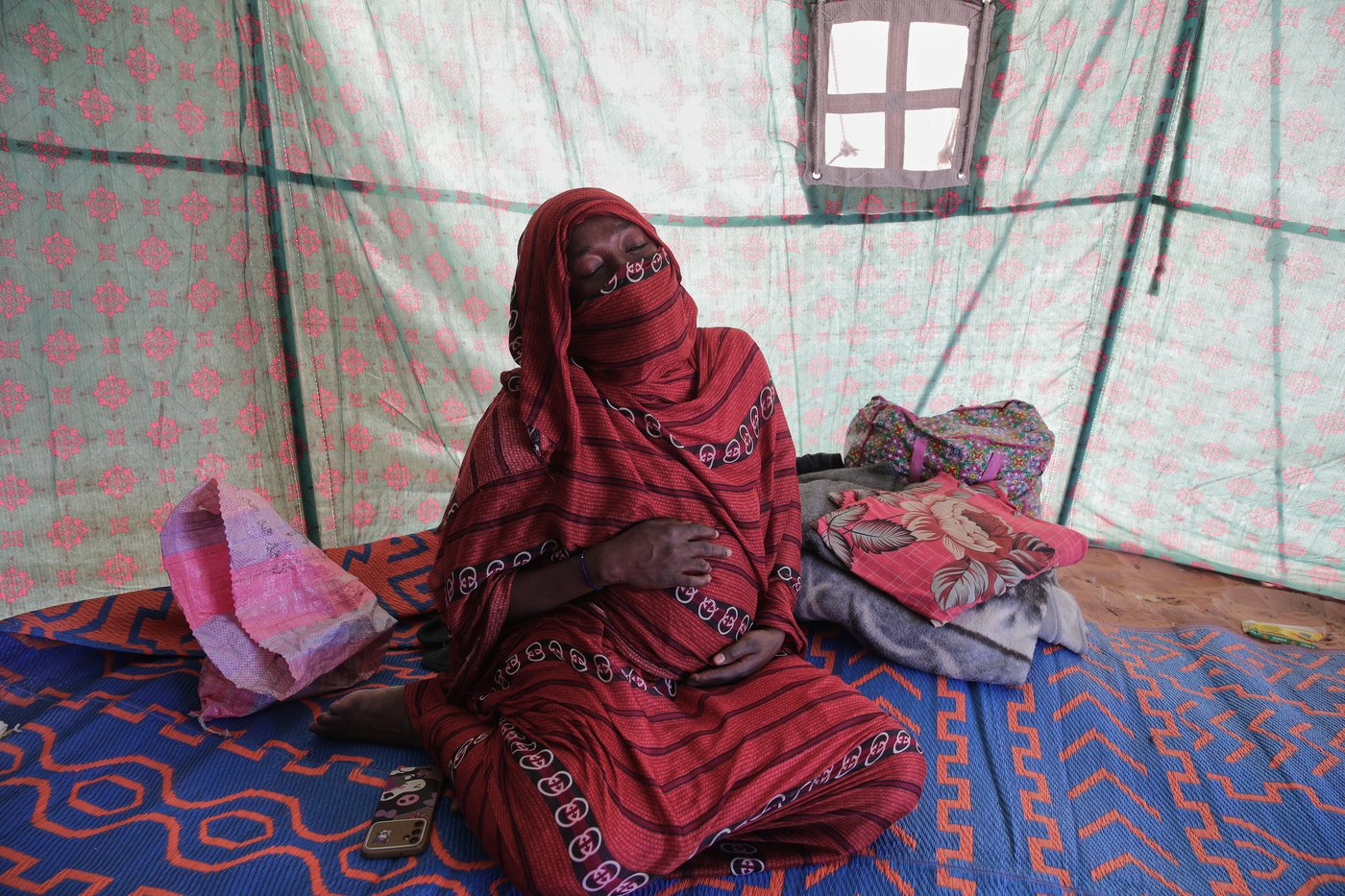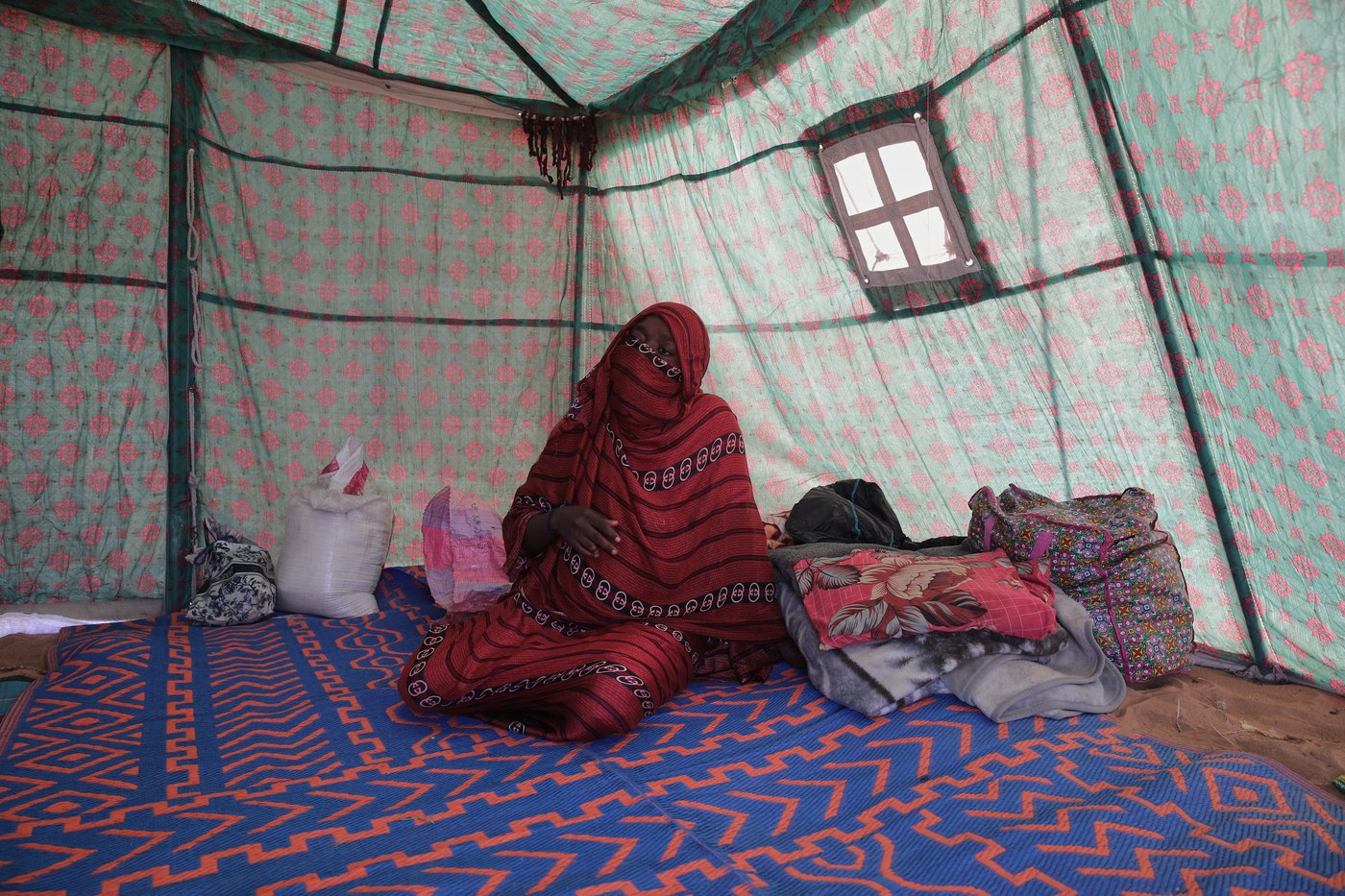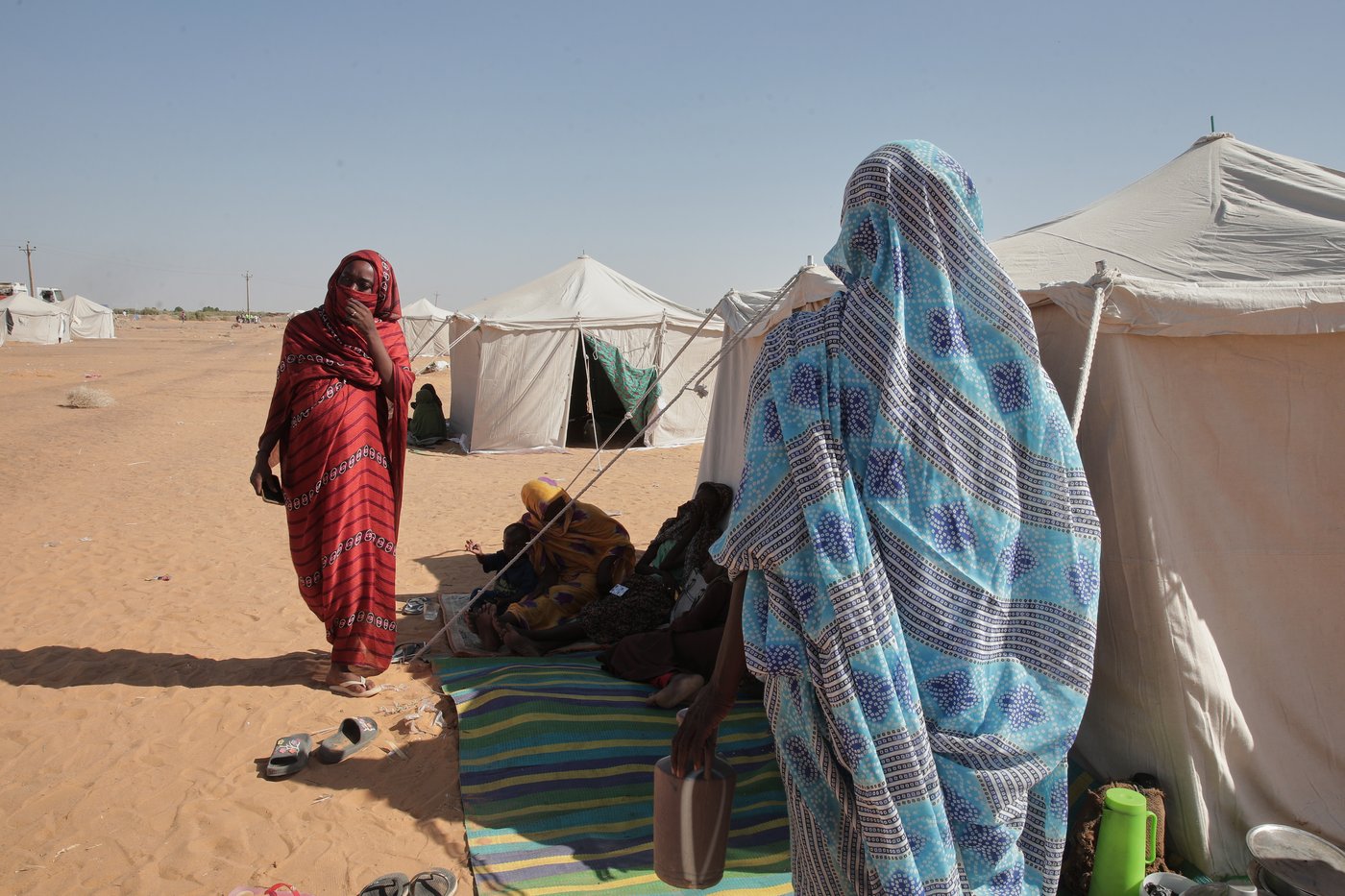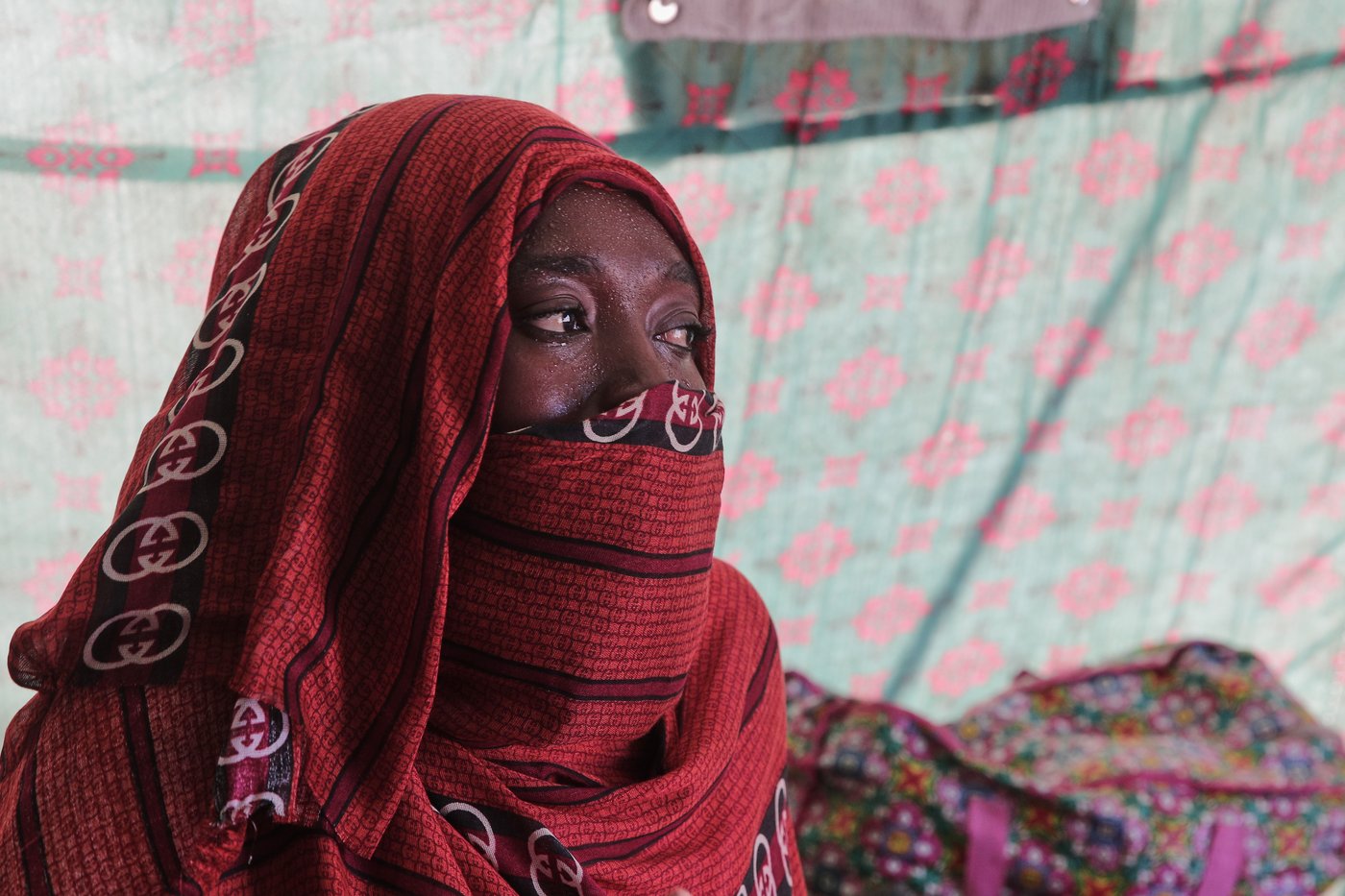Elevate your local knowledge
Sign up for the iNFOnews newsletter today!

CAIRO (AP) — A few weeks before the fall of her hometown to Sudan’s paramilitary group, Nadra Mohamed Ahmed, seven months pregnant at the time, trekked for nearly 40 kilometers (25 miles) across unsafe roads, along with her two children, until she found safe transportation to a shelter across the country.
“By the time I arrived here, I had lost a lot of blood,” said Ahmed from her tent at the overcrowded displacement camp in the town of al-Dabbah in northern Sudan. “I was admitted to the ICU where I spent a few days and had a blood transfusion.”
Ahmed arrived in the camp fleeing from el-Fasher in West Darfur, two months before the city was seized by the paramilitary Rapid Support Forces, or RSF, which have been battling Sudan’s army for more than two years.
Risky journeys
More than 140 pregnant women arrived at al-Dabbah camps since el-Fasher’s fall last month, said Tasneem Al-Amin from the Sudan Doctors Network, a group of medical professionals tracking the war. Many of these women arrive suffering severe complications, especially hemorrhaging, which sometimes culminate in a miscarriage, she told The Associated Press in a text message.
Carrying her 4-year-old daughter on her back and holding her 6-year-old son’s hand, Ahmed made part of her 14-day-long journey on foot without her husband, who had gone missing shortly before her escape. She rested in two nearby villages along the way until she could find transportation to al-Dabbah, a town about 1,300 kilometers (840 miles) northeast of el-Fasher.
“I was very exhausted on the journey. I was carrying a child on my back and another in my womb. We had nothing to eat or drink,” said Ahmed, who was dressed in a maroon toub, a traditional garment worn by Sudanese women.
Delivery complications
Ahmed is one of many Sudanese pregnant women who struggle to complete their terms and give birth to healthy babies, in a country where 80% of medical facilities have collapsed in war-torn regions, according to U.N. agencies.
Last week, Anna Mutavati, the U.N. women’s regional director for East and Southern Africa, told reporters that Sudanese women are forced to give birth on the streets.
Earlier this year, the Médecins Sans Frontières humanitarian group, or Doctors Without Borders, said that Darfur pregnant women undertake “a harrowing journey” trekking on foot across unsafe roads to seek medical care at the few remaining health care facilities, which results in delivery complications, miscarriage or death.
“When in el-Fasher, I could not have access to any medical facilities. Not until I came here in al-Dabbah did I meet doctors,” Ahmed said.
Ahmed ran from el-Fasher shortly after an RSF projectile had hit her house and killed her sister.
“We could hardly collect my sister’s remains. We witnessed horrible scenes and that is why we decided to leave,” she said.
No access to maternal care
Last month, RSF forces rampaged through el-Fasher, following more than 500 days of siege. The paramilitary group had gone house to house killing civilians and committing sexual assaults, according to relief agencies and witnesses.
The RSF also stormed the Saudi Maternity Hospital, the last functioning health facility in el-Fasher, reportedly killing 460 patients and their companions. The attack left more than 6,000 pregnant women with no access to life-saving maternal care, according to the U.N. The rampage has forced tens of thousands to flee their homes, embarking on a perilous journey, hoping to reach displacement camps.
Rasha Ahmed, who is eight months pregnant, recently arrived in Tawila, a town some 60 kilometers (35 miles) west of el-Fasher. She told the International Committee of the Red Cross that she had no one to provide for her and her children, as her husband went missing after a shell had hit their home in el-Fasher.
“I have arrived heavily pregnant, and I don’t have anything to help me after giving birth — nothing for my postpartum period,” said Ahmed, whose right ear was partially chopped off in the shelling.
She added that the RSF confiscated people’s belongings and threw them on the street, forcing them to flee with nothing.
“They didn’t allow us to take anything — not even bed sheets or covers,” she added.
Ahmed is one of more than 100 pregnant women who have recently fled to Tawila, according to Sudan’s Doctors Network.
Lack of food
Pregnant and lactating women are also enduring malnutrition in a country where food insecurity rates remain on the rise.
The rate of global acute malnutrition among the 66 pregnant or lactating women who were examined upon their arrival in Tawila by Doctors Without Borders between Oct. 27 and Nov. 3 was 60%, according to Tim Shenk, a communications officer with the international medical aid group.
Across the East African country, nearly 74% of women don’t meet the minimum dietary diversity, which limits their nutrient intake, and hence affects maternal health and child health. Women are reportedly foraging for wild leaves and berries to boil into soup, which exposes them to additional risks of violence, including abduction and sexual assaults, according to the U.N.
The war between the RSF and the military began in 2023, when tensions erupted between the two former allies that were meant to oversee a democratic transition after a 2019 uprising. The fighting has killed at least 40,000 people, according to the World Health Organization, and displaced 12 million. Aid groups say the true death toll could be many times higher.



Want to share your thoughts, add context, or connect with others in your community?
You must be logged in to post a comment.